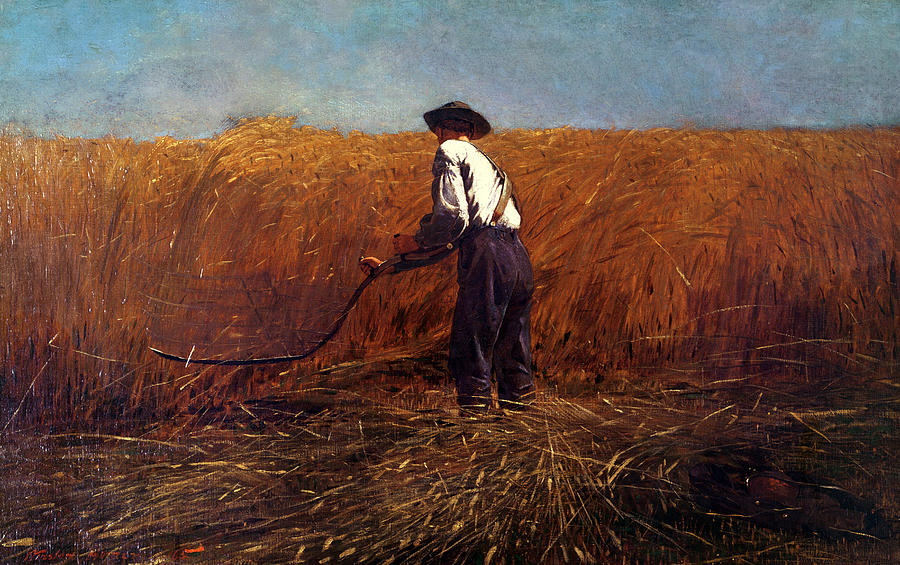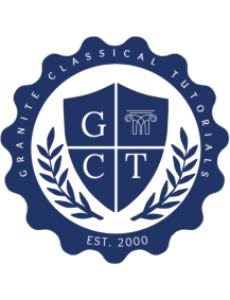For in this frame of mind he extricates himself from every form of fatal joy in transitory things, and turning away from these, fixes his affection on things eternal, to wit, the unchangeable Trinity in unity.
And when, to the extent of his power, he has gazed upon this object shining from afar, and has felt that owing to the weakness of his sight he cannot endure that matchless light, then in the fifth step—that is, in the counsel of compassion—he cleanses his soul, which is violently agitated, and disturbs him with base desires, from the filth it has contracted. And at this stage he exercises himself diligently in the love of his neighbor.
–St. Augustine
We’ve been back from our winter break for one week now at Granite, and it’s worth reflecting on step five in St. Augustine’s “Steps to Wisdom,” which is diligence; I know I certainly need the reminder to exercise diligence after a week off!
Augustine says that after receiving strength and resolution in step four, wherein the Christian has the “counsel of compassion” of the Holy Spirit, he is enabled to “exercise himself diligently” in following the commands he’s come to know through Scripture.
Whether we’re talking about wisdom applied in a spiritual sense or in an academic sense, this is the step in the journey in which knowledge is applied. We want our students to apply what they know in all stages, but this is really the hallmark of the rhetoric stage, because it’s in this final phase of their education that students are starting to realize for themselves how they can apply what they have learned, and how they can live out the principles they have come to embrace. We guide students fairly heavily in the application of knowledge in the grammar and logic stages, so that when they reach the rhetoric stage they can take ownership not only of their knowledge gathering and class preparation, but of the application of what they glean from that study as well.
If your students are in the rhetoric stage, they will be particularly challenged to produce. They will write complex arguments that draw from a wealth of sources; they will do their own research and experiments and draw their own conclusions; they will carefully weigh the ideas they are encountering and then consider which ones ought to permeate their principles and worldview. By the end of their education, classical students apply the things they learn very naturally and fluidly, as a matter of course. That’s our hope, as they journey towads wisdom.
Aubry Myers is the Director of Classical Education at Granite Classical Tutorials.


